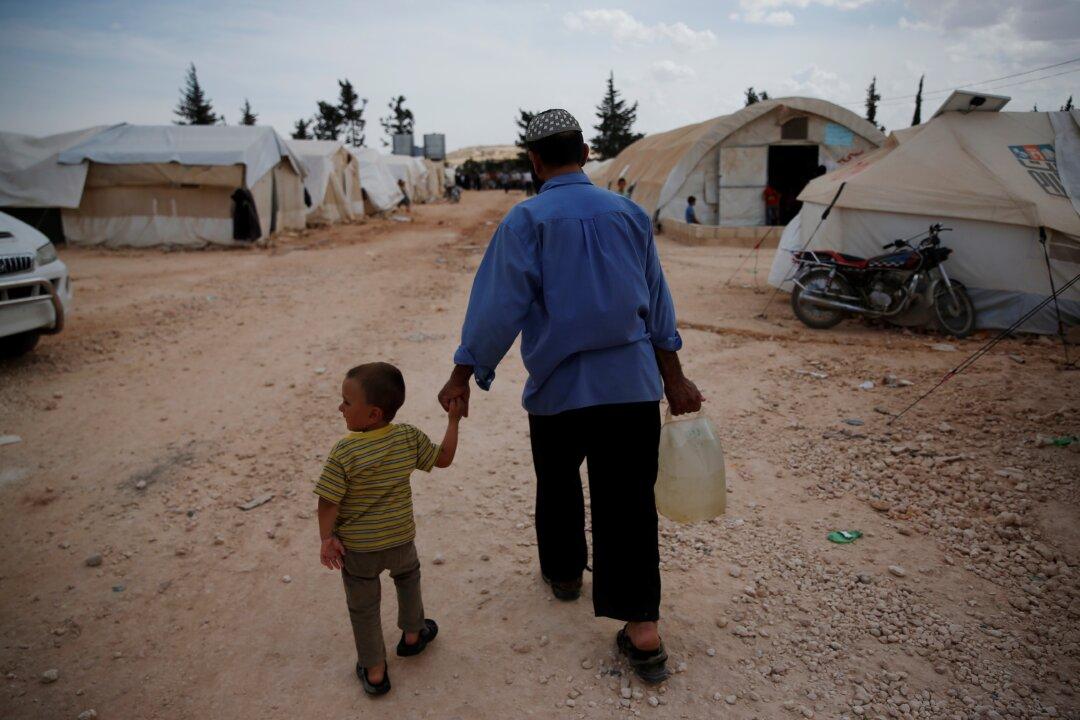The father of a woman repatriated from a Syrian refugee camp is devastated that a court has rejected a push for women and children held alongside her to be returned.
A Federal Court judge ruled on Nov. 3 not to force the Australian government to repatriate 11 women and 20 children, after a legal challenge brought by Save the Children.





